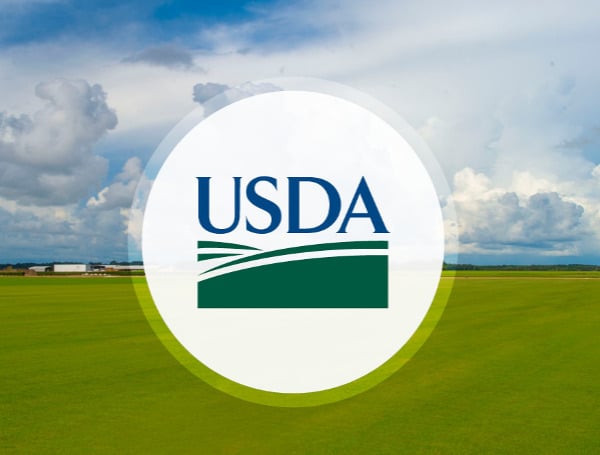The USDA National Institute of Food and Agriculture (NIFA) has selected a UF/IFAS-run center for food safety training to coordinate similar facilities across the country.
The USDA’s decision means the Southern Center for Food Safety Modernization Act Training will continue serving as the Lead Regional Coordination Center for such training, a role it has filled since 2015. The Southern Center is run by two food safety professors in the UF/IFAS food science and human nutrition department: Keith Schneider and Michelle Danyluk.
“We have a really good crew of people here that has allowed this to happen: a network of trainers and faculty members who have extensive connections in the food safety community, as well as with other institutions,” Schneider said.
READ: Hurricane Helene Adds To Florida’s Agricultural Losses, Totaling Hundreds Of Millions
The FDA Food Safety Modernization Act (FSMA) was passed in 2011 to prevent the introduction of foodborne pathogens into the American food system. In 2015, the USDA joined with the FDA to establish the National Food Safety Training, Education, Extension, Outreach, and Technical Assistance Program and funded a national coordination center and four regional centers. UF/IFAS has served as the headquarters of the Southern Center for a decade. The center supports 13 states between Texas and Virginia. Partners include land-grant institutions and non-government and community-based organizations.
This year, NIFA awarded the Southern Center a $950,000 grant to continue training food safety educators. During this grant cycle, a three-year period, the center will focus on reaching underserved populations, including operators of small farms, socially disadvantaged farmers and farmers beginning their careers.
The center’s teaching model involves training trainers, including representatives from academia, state and local regulatory agencies, non-governmental organizations, commodity group associations and local food hubs. This approach creates a multiplier effect.
READ: Florida Commissioner Of Agriculture Announces Major Land Preservation Effort In Hendry County
“Rather than trying to complete 100 trainings, we can train 10 trainers and reach 1,000 people and so on,” Schneider said. “And the more trainers we educate, the larger the audience we impact.”
Most of the curriculum focuses on two FSMA rules: the Produce Safety Rule and the Preventive Controls for Human Food Rule. The first established mandatory minimum standards related to agricultural water quality, employee health and hygiene, animals, biological soil amendments of animal origin, equipment, tools and buildings. The second requires food facilities to create a food safety plan that includes an analysis of hazards and risk-based preventive controls to minimize or prevent identified hazards.
“It’s all about being compliant with health-safety rules so growers can produce the quality crops we want and expect,” Schneider said.
Please make a small donation to the Tampa Free Press to help sustain independent journalism. Your contribution enables us to continue delivering high-quality, local, and national news coverage.
Android Users: Download our free app to stay up-to-date on the latest news.
Connect with us: Follow the Tampa Free Press on Facebook and Twitter for breaking news and updates.
Sign up: Subscribe to our free newsletter for a curated selection of top stories delivered straight to your inbox.


